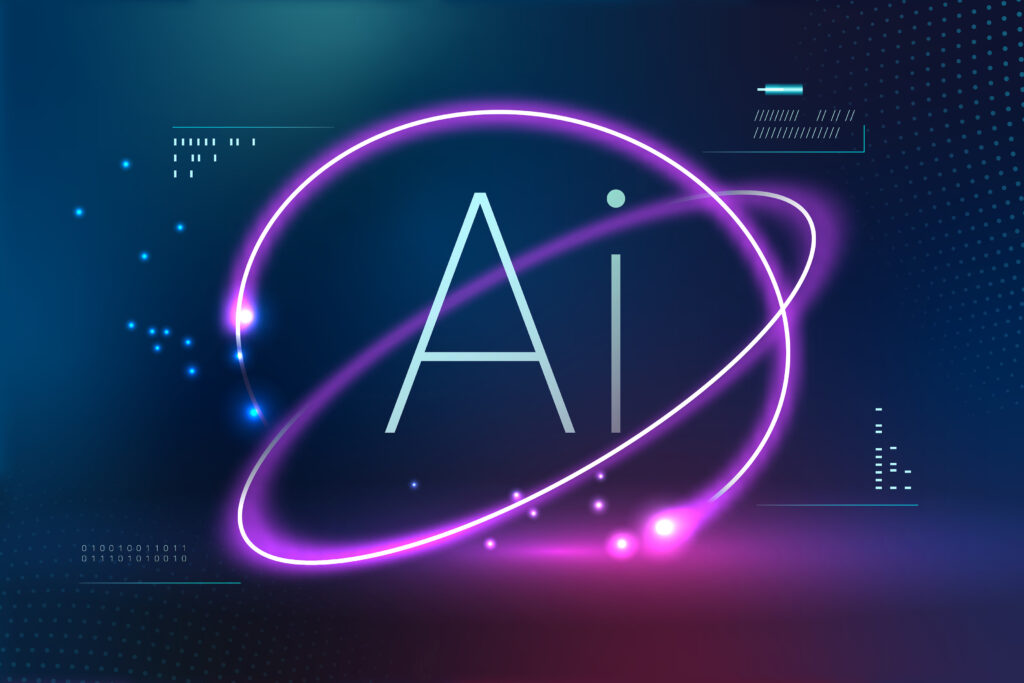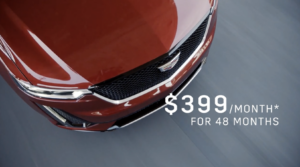Artificial intelligence (AI) is already reshaping the landscape of retail automotive in many ways. In this article, I’d like to explore the concept of how AI will impact the future of automotive marketing. If marketing technology vendors haven’t already incorporated AI into their products, they are probably working on it. Here are ten ways that AI technology will soon improve marketing results while reducing costs for dealerships.
1. Personalized Marketing. AI can take over the task of sorting through a CRM in order to segment customers based on preferences, location, buying history, and online behavior. This allows marketers to create personalized campaigns that are likely to resonate with each customer, leading to higher engagement rates and conversions.
2. Chatbots and Virtual Assistants. AI-powered chatbots and virtual assistants can engage website visitors and leads in life-like conversations in real-time. On dealership websites, AI chatbots will be used to answer customer questions, provide information about vehicles, and schedule test drives. AI assistants can respond to leads instantly, even after hours.
3. Recommendation Engines. Based on a car shopper’s stated preferences, budget and previous interactions, AI algorithms can suggest specific vehicles to potential buyers. This helps customers to discover vehicles that match their needs, increasing the likelihood of making a purchase.
4. Dynamic Pricing. AI can analyze market demand, competitor pricing, and historical data to dynamically adjust vehicle prices in real-time. This ensures that prices remain competitive and optimized to maximize sales. Soon, AI-powered dynamic pricing will be integrated into inventory management software and/or dealership management systems.
5. Social Media Marketing. AI applications are already being used to automate social media marketing, such as creating and posting content, responding to comments, and tracking analytics. This will save dealerships time and money, as social media can be a significant expense. In addition, AI is able to create highly engaging and effective social media campaigns.
6. Lead Scoring and Qualification. AI can evaluate leads and assign scores based on their likelihood to convert. This helps sales teams to prioritize follow-up activities and focus efforts on high-potential leads.
7. Image Recognition. AI’s ability to identify and edit images, and to order images in the most logical sequence, is already helping dealers to create online virtual showrooms with the same appeal as physical lots and showrooms. AI can also quickly tag and categorize features on a vehicle and create detailed descriptions. This will greatly speed up your staff’s ability to create marketing materials and vehicle descriptions.
8. Virtual Reality. One of the most exciting potential use cases for AI is to create virtual reality (VR) experiences that allow customers to virtually test drive vehicles. It won’t be long before website visitors can link to a virtual test drive right from your vehicle display pages (VDPs)!
9. Predictive Maintenance Services. Soon, AI will sort through your service database, monitor vehicle data and predict maintenance needs for service customers. Expect this feature to be integrated into service marketing software and the DMS. In addition, AI will be able to create and text or email proactive, personalized service reminders. This removes the burden from current staff while enhancing customer relationships.
10. Marketing Campaign Optimization and Predictive Analytics. AI can analyze the performance of marketing campaigns in real-time and provide insights as to which strategies are driving the best results. This allows dealerships to adjust their campaigns for maximum impact. AI can also be used to predict which customers are most likely to buy a car, and when.
By leveraging these AI-powered solutions, auto dealerships will soon be able to improve marketing efficiency, reduce costs, provide better customer experiences, and ultimately drive more sales.





